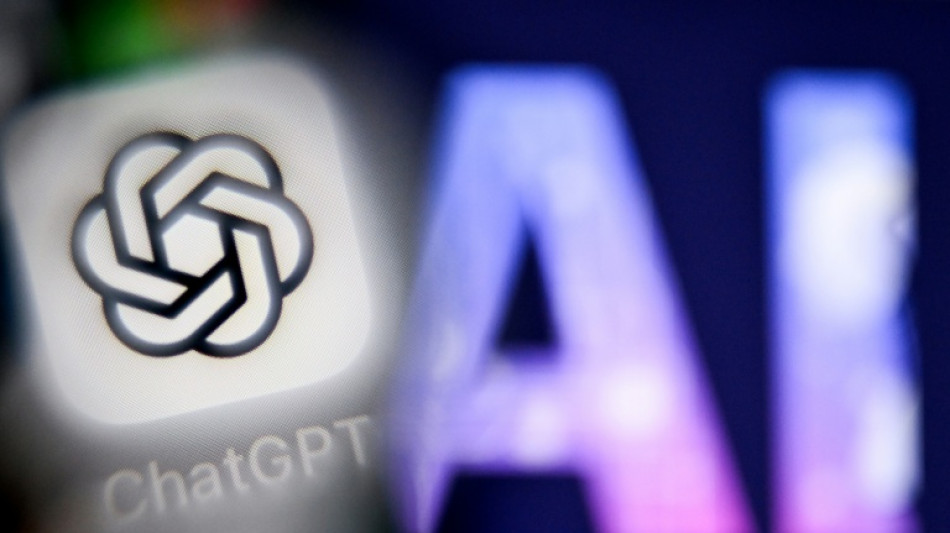
SCS
0.0200

Tech firms battling for supremacy in artificial intelligence are out to transform how people search the web, challenging the dominance of the Chrome browser at the heart of Google's empire.
Chatbots that started out as AI-powered assistants have gradually merged with web browsers and can independently scour the internet for detailed answers to questions.
OpenAI fired the latest salvo this week with the debut of what chief executive Sam Altman called an AI-powered web browser built around ChatGPT.
During a demonstration, members of the OpenAI team had the Atlas browser come up with a shopping list for a dinner based on a specified dish and number of guests.
Atlas joins Perplexity's Comet, Microsoft's Copilot-enabled Edge and newcomers Dia and Neon in this new breed of chatbot-browser hybrid.
"So many services and apps are browser-based that it makes a lot of sense to have agentic AI acting in the browser," said Techsponential lead analyst Avi Greengart.
Whereas early AI assistants simply returned answers, focus has shifted to enabling them to act as "agents," independently handling computer or online tasks such as setting schedules, making reservations or ordering pizza.
Now, AI makers are keen to usurp the role of the browser and streamline users' interactions with the web.
"We used to download a lot of applications to our computers," said SuRo Capital principal Evan Schlossman.
"You don't download that many programs anymore; things are moving to the browser."
As online exploration tools evolve with AI, they have yet to stray far from how people are already navigating the internet themselves.
"I think they don't want to change the core experience too much," Greengart said.
"Agentic AI following you around and offering help every time you do anything probably isn't right for everyone."
- Google has a hold -
Despite its prowess when it comes to AI, Google has yet to go all-in with agentic features in Chrome on par with those touted by challengers.
The internet colossus has added AI Overviews that provide summaries of online query results, and offers the option of using an "AI Mode" for searches with advanced reasoning, thinking and multimodal capabilities.
Chrome currently accounts for more than 70 percent of the browser market and Google's name has become synonymous with search.
Futurum Group chief executive Daniel Newman does not see that shifting in the short term given how deeply ingrained Chrome use is in modern lifestyles.
But Thomas Thiele, a partner at consulting firm Arthur D. Little, said OpenAI could gain an advantage by combining what it learns from people's ChatGPT exchanges with the Atlas browser.
"Gathering this information together, you can have more clues about persons than any time before," Thiele said.
"We'd at least have a high chance that we'd see the birth of a new Google here."
More insights into people can translate into better targeting of online ads, Google's main source of revenue.
- Defining tomorrow -
By taking control of the browser, an AI company could define how people will interact with the technology in the future, Thiele reasoned.
"In the long run, the browser is not necessarily where everything happens," Newman said, noting smart glasses or other wearable devices for engaging with the internet could catch on.
"We're shaping behavior; winning where users currently are is going to be critical for that long-term market share that they are all fighting for."
But SuRo Capital's Schlossman anticipates the AI fight to unfold directly within chatbots rather than browsers.
He recalled a recent demo that featured apps moving into ChatGPT. OpenAI is "trying to control the user interface and optimize and streamline it," Schlossman said.
P.Svatek--TPP